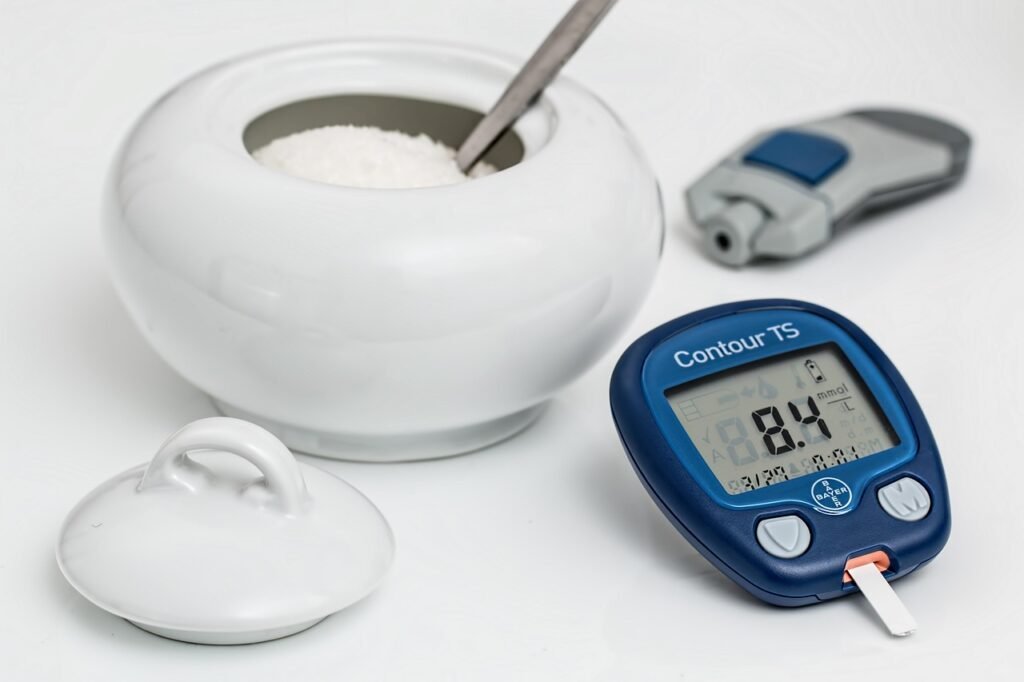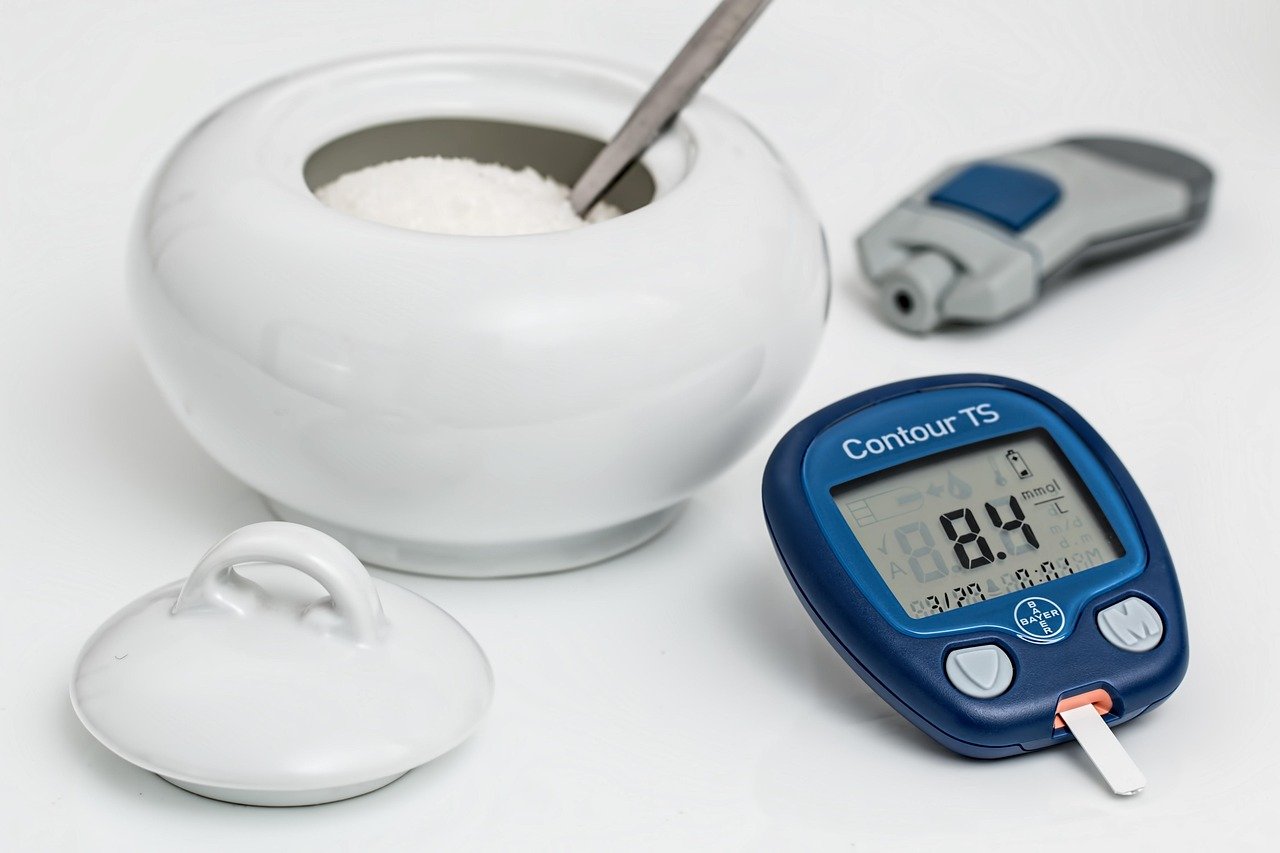
An HCA blood test would likely refer to measuring HCA (also known as ALCAM or CD166) in the blood. HCA/ALCAM is a molecule expressed on certain stem cells, progenitor cells, and stromal (support) cells in bone marrow and related tissues. The test would look for this marker in blood or related samples to study disease, cell adhesion behavior, or cell signaling.
In short, an HCA blood test aims to find or measure the level of HCA/ALCAM protein in blood or blood-derived cells.
Because it is not a standard clinical test in hospitals today, the test is mainly used in research, diagnostic studies, or specialized labs.
Why Measure HCA? What It May Detect
Although not yet common in everyday medicine, HCA/ALCAM has been studied in these areas:
- Stem cell biology: HCA is present on primitive hematopoietic precursor cells (cells that give rise to blood lineages). Measuring HCA helps researchers identify and track those cells during studies.
- Cancer research/metastasis: Because HCA is involved in cell adhesion (the process by which cells adhere to each other or to tissues), abnormal levels may be related to cancer spread.
- Bone marrow and hematopoietic disorders: Altered expression in bone marrow stromal or progenitor cells might signal disorders in blood formation.
- Cellular adhesion and signaling studies: HCA plays a crucial role in how cells communicate and adhere, making it a valuable measure in immunology and developmental biology research.
But note: currently, there is no widely accepted clinical guideline for using the HCA blood test as a routine diagnostic test in hospitals.
How the HCA Blood Test Is Performed
In a research or specialized lab, the HCA test might follow these steps:
- Sample Collection: A blood draw or bone marrow aspirate.
- Cell Isolation/Preparation: Cells may be separated (e.g., using centrifugation) to isolate white blood cells or progenitor cells.
- Staining/Labeling: Use antibodies against HCA/ALCAM (CD166) with fluorescent markers.
- Flow Cytometry or Immunoassay: Measure how many cells express HCA and at what intensity.
- Data Analysis: Compare levels across subjects or conditions, look for abnormal expression or correlation with disease.
Because this is advanced, only laboratories with specialized equipment and protocols do it.
What the Results Could Mean (Interpretation)
If an HCA blood test returns higher or lower levels, here is how researchers might interpret:
| Result Pattern | Possible Meaning / Use |
| Elevated HCA expression in certain cell populations | May indicate increased progenitor or stromal activity, or a disease process with altered adhesion |
| Lower-than-expected levels | Could suggest a deficiency in progenitor cell function or marrow support |
| Abnormal distribution across cell types | Could hint at disease, cancer, or a disrupted cellular microenvironment |
However, in medicine, one must interpret results in context, alongside other tests, patient condition, imaging, and clinical signs.
Strengths & Limitations
Strengths
- Helps in research to understand blood formation, cell adhesion, and cancer biology
- May identify early changes in progenitor or stromal cell populations
- Could be helpful in personalized medicine or advanced diagnostics
Limitations & Challenges
- Not a standard clinical test, very limited in hospital laboratories
- Requires specialized equipment, reagents, and trained personnel
- Results may not yet have validated thresholds for diagnosis
- Expression of HCA can vary with conditions, age, and disease state
- Interpretation is complex and not standalone; it must be combined with other markers
Comparison With Other Blood Biomarker Tests
To understand its place, compare it to more common tests:
- Complete Blood Count (CBC): Measures red cells, white cells, platelets
- Biochemical Panels (Kidney, Liver tests): Show organ function
- Cancer markers (e.g., PSA, AFP): Used in certain cancer detection
- Flow Cytometry Panels (e.g. CD34, CD38): Evaluate stem or progenitor cells
An HCA blood test would be analogous to a specialized “adhesion/progenitor cell marker” test used alongside other markers, not instead of them.
When Might an HCA Test Be Ordered (Hypothetical Cases)
Though rare now, these scenarios might call for an HCA blood test:
- In research trials of blood or bone marrow diseases
- In studies of leukemia, lymphoma, and myeloma, to see progenitor cell behavior
- In investigations of stem cell transplantation and graft support
- In cancer metastasis studies, researchers aim to see how cancer cells interact with their environments
Again, these are research/advanced clinical settings, not routine use.
Safety, Risks & Patient Guidance
For patients:
- The blood draw is similar to any blood test, with mild pain and the possibility of bruising.
- No major risks if performed properly by certified staff.
- Patients should inform medical staff of bleeding disorders or medicines that affect clotting.
Because this test is not standard, patients should confirm with their physician or lab whether it is appropriate and what will be done with the results.
Summary
An HCA blood test refers to testing for the HCA/ALCAM (CD166) protein in blood or blood-related cell samples. It is not a standard, widely used clinical test yet. Its main use lies in research, especially in blood stem cell biology, cancer, and hematopoietic (blood-forming) tissue studies.
If used, it can detect altered expression of HCA in cell populations, which may hint at disease processes, progenitor cell activity, or changes in cellular adhesion patterns. But results must be considered alongside other clinical data, not alone.
For now, most patients will not need an HCA blood test. But as science advances, such biomarkers may play a larger role in precise diagnostics and personalized medicine.







